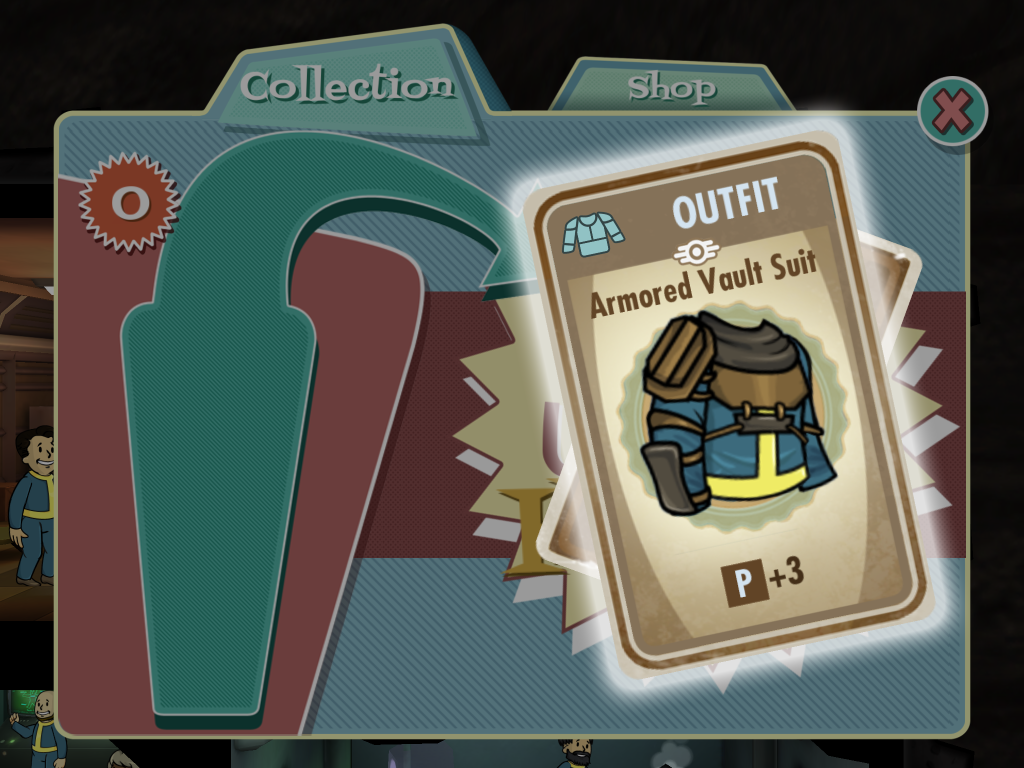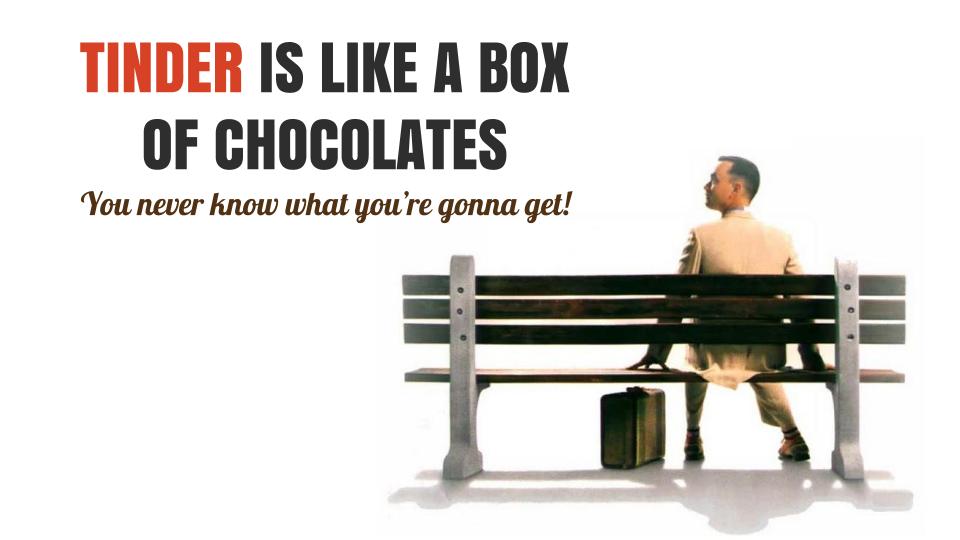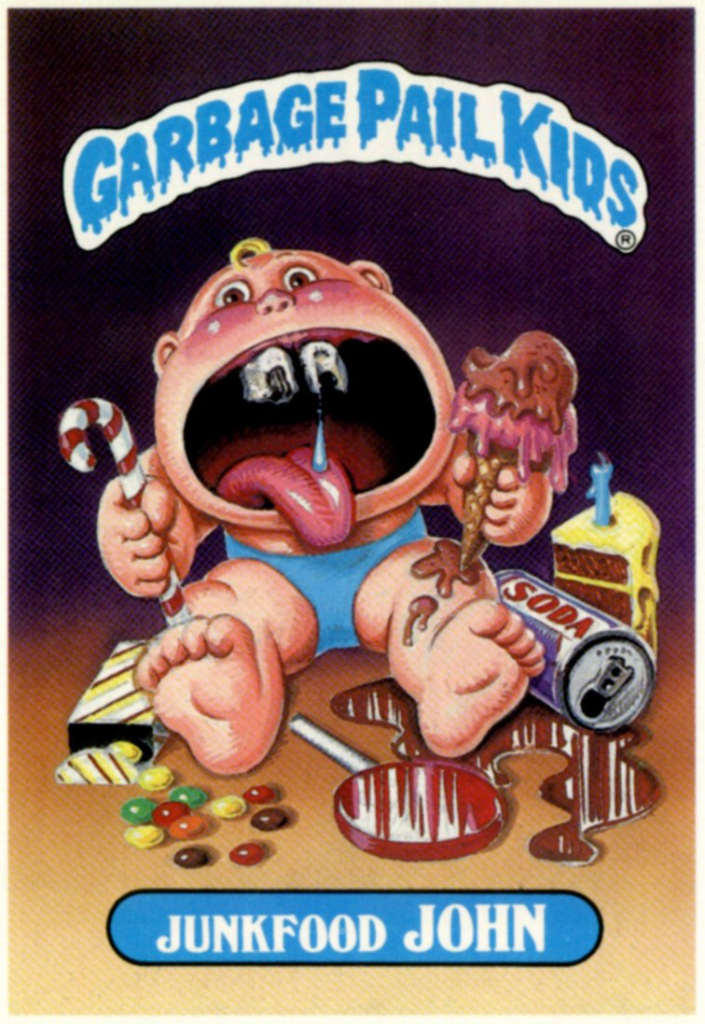The power of variable rewards and the effect they have on people makes them one of the strongest tools in the product designer’s belt. Big companies are already cashing in. What about your products?
Every now and then I get reminders to how effective variable rewards are. This time it was Fallout Shelter, the new mobile game by Bethesda, that took the top grossing charts by storm. Fallout Shelter is a resource management game with monetization strategy based solely on variable rewards.
Much like many resource management games, Fallout Shelter has a virtual economy at play. Unlike most of these games, players cannot buy a fixed amount of coins for real money. Instead they would buy a lunchbox. Lunchboxes are like packs of cards. Each contains a different amount of virtual currency, as well as other different resources. When players pay for a lunchbox they don’t know exactly what they are going to get.
Some games, especially card trading games, use this technique. However there are always more products to buy. Not in Fallout Shelter. The only product players can buy are those lunchboxes. As a game designer I know how hard it is to decide on limiting the players to buying only one product. (What if they just want to buy coins? shouldn’t we let them?) But this strategy seems to have proven fruitful for Bethada. Peaking at #3 top grossing US charts I’d assume they have already passed the $3M mark. Not bad for the first two weeks.
Understanding Variable Rewards
Our joy from rewards has a lot to do with the neurotransmitter called Dopamine, which triggers when expecting to be rewarded. Think of the Pavlovian dogs, drooling all over to the sound of the bell indicating the meal that’s on its way. It turns out that when rewards are unexpected, Dopamine strikes even harder.
Take slot machines as an example. Players might win various amounts of money each spin and there’s always the chance of snagging the jackpot on the next round. The possibility of hitting the jackpot is the unrefined essence of slot machines. It’s not even the money. Virtual slot machines and social casino apps are extremely profitable, and money goes there solely in one direction. (Not the player’s). However, playful systems don’t have to take the form of a slot machine to offer variable rewards. Think garbage pail kids. Or lottery. Or Tinder. They are all what I consider to be systems of variable rewards.
The Essence of Variable Reward Systems.
A system of variable rewards is always comprised of components with different values. In a card collection game (Garbage Pail Kids), some cards would be rarer than others.In a dates collection game (Tinder), some dates would be naturally hotter than others.
Setting this frame, the model of variable rewards system goes as follows:
- Users invest a resource (time, money)
- The system draws rewards randomly
- Users get their rewards
- Users put more resources into the system.
Why? as aforementioned, because of the chance of getting something better. A rarer card, a hotter date. It seem like we can never get enough.
Non-game Variable Rewards Systems
Every system has the potential of being a variable reward system. The best candidates are e-commerce platforms. Every visit to an e-commerce platform is actually a hunt for variable rewards, but platforms can be more proactive in enhancing the way they handle those rewards. Take for an example the world’s largest marketplace for games, Steam. Each weekend Steam offers a few games for free as well as a handful discounts on various games. This has made my weekend Steam logins a habit that is hard to shake off as I’m always curious about the new rewards I might get for logging in.
Albeit what is already known and used in huge e-commerce systems is hardly translated to small-medium business. How can someone variably reward their customers of an Etsy store? How can someone make their events more unique handling variable rewards? I’m not talking about a one off sweepstakes but of a permanent solution that is integrated as a part of the product core. Ideas, anyone? Would love to read them in the comments.




To my opinion anything you sell in a blind box will sell better : ) https://bit.ly/1HpGyU1 <3 and Fancy are on to this also https://bit.ly/1BQd0yk
Exactly!